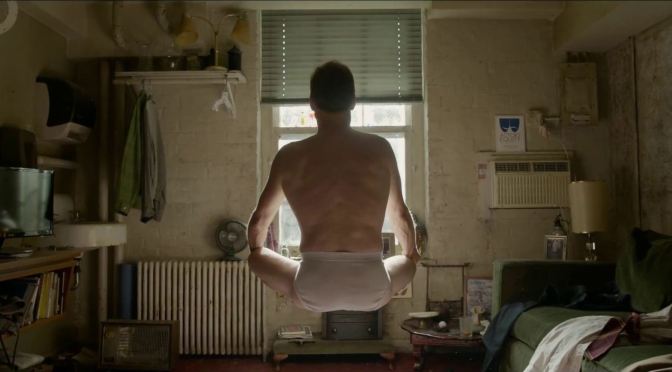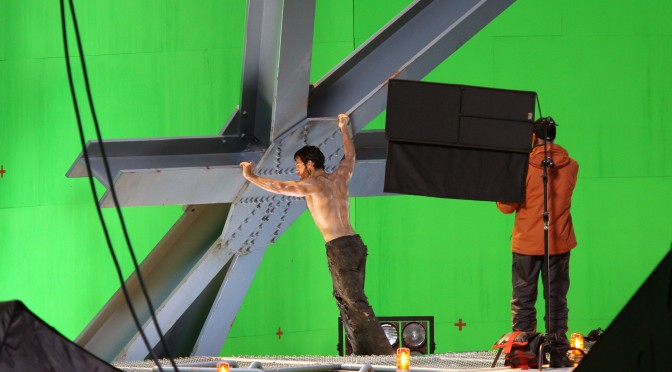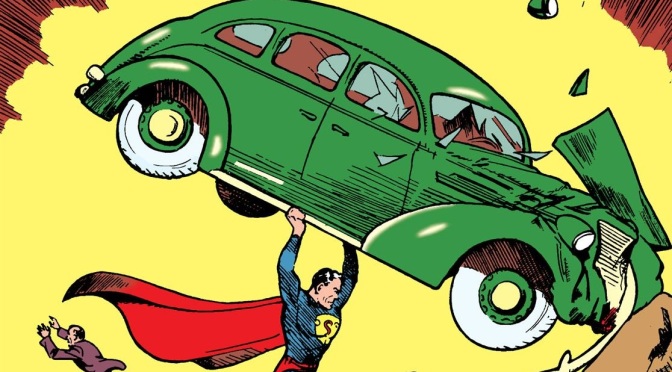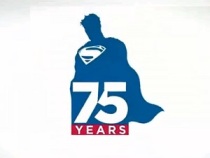If you liked the Copacabana shot in Goodfellas, you’ll love this…

A hot topic in entertainment news and a big player in the Oscar nominations, Alejandro González Iñárritu’s Birdman (or The Unexpected Virtue of Ignorance is a masterpiece – harnessing stellar performances, beautiful design and inch-perfect cinematography for the most engaging cinematic experience of the year (so far).
The film ‘follows’ Riggan Thompson as he seeks to leave behind his career as blockbuster superhero Birdman, and prepares to open his theatre adaptation of Raymond Carver’s What We Talk About When We Talk About Love. With opening night approaching, the narrative follows the story in a single take – employing some subtle cuts here and there but otherwise keeping the audience moving from scene to scene without break, in the style of Russian Ark.
This particular set-up lends the film a ‘real-time’ edge, although the film covers several days worth of story it feels as if you are engaging with a stage play that moves seamlessly from scene to scene. Michael Keaton puts in a fantastic performance as the mentally questionable Thompson, showcasing great chemistry with the rest of the case – particularly in his moments opposite Edward Norton.

The unflinching nature of the single take allows us to enter Thompson’s own psychosis, and to hear the voice of Birdman who taunts him – ‘You used to be a movie star, remember?’. The film speaks specifically to the divide between stage and screen actors, and the long-standing Hollywood tension between meaningful projects and meaningless crowd-pleasers. The film offers a brief action sequence, as Birdman looks out from the screen and comments on the audience- ‘Look at these people, starry-eyed’. ‘They love this shit’ he remarks, as a helicopter is taken down overhead.
The decision to include this sequence in what is otherwise a characteristically ‘arthouse’ film is an interesting one – it speaks specifically to the destructive and high concept Hollywood blockbusters, the superhero flicks that inundate the box office summer after summer in recent years. The film makes specific reference to Iron Man, Spiderman and various other recent super-films, at one point Riggan scoffs at Robert Downey Jr’s Avengers success.
The film centres around the theatre, and the camera glides around every nook and cranny from the stage to the dressing rooms and all the corridors inbetween. We see several versions of scenes from the play as they are rehearsed, adapted and interrupted. Raymond Carver fans will enjoy various homages to his work, least of all glimpsing the fictional adaptation as the actors prepare.
Birdman is a must-see, an intricate and bold combination of theatre and cinema with heaps of dark comedy and a compelling story. With exceptional performances from the whole cast, a foot-tapping drum score from Antionio Sanchez and a fresh approach to the mainstream movie business – I couldn’t possibly reccomend it enough.


![[Cache] The Dark Knight Rises Review](https://asalzedofilm.files.wordpress.com/2013/12/the-dark-knight-rises-2012-3.jpg?w=672&h=372&crop=1)

